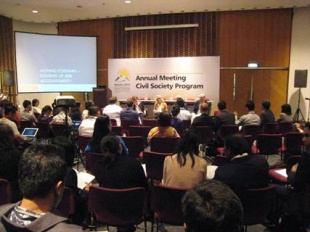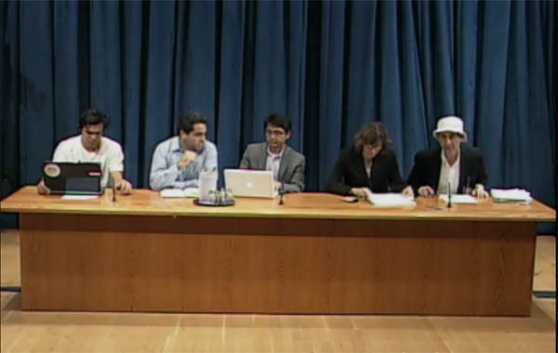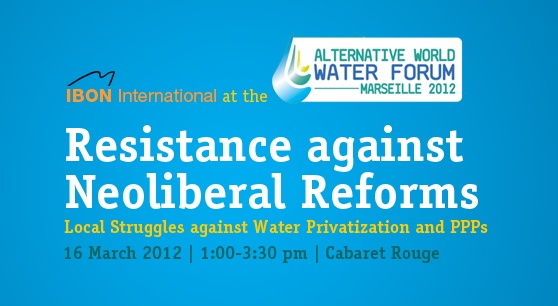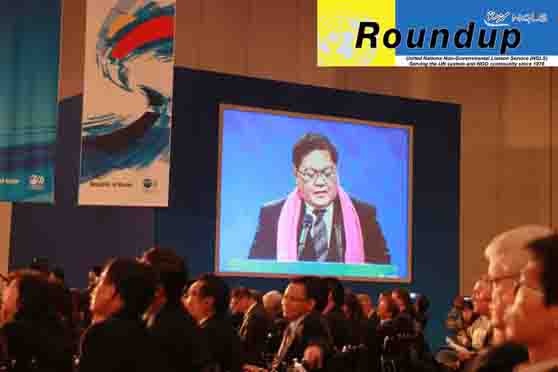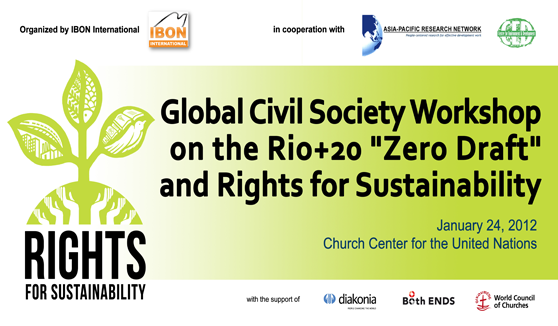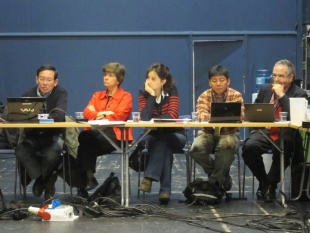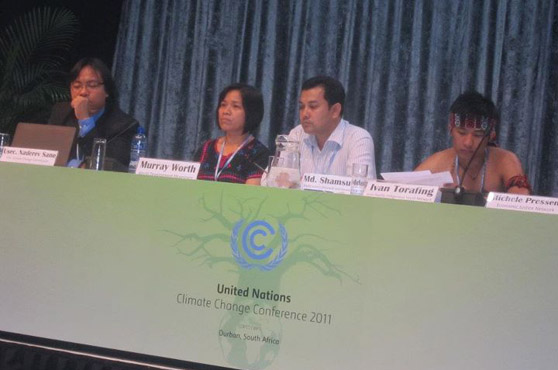
CSOs gather for 3rd High-Level Panel meet on post-2015 agenda
CSOs from across the world are gathered in Bali for the third meeting of a UN-convened High-Level Panel which will produce a report on how the Millennium Development Goals should be replaced in 2015. They are hopeful the HLP will produce the bold recommendations needed on the future of international development – or be prepared to live with the dire consequences of its failure, in the face of multiple crises and entrenched poverty and inequality.
